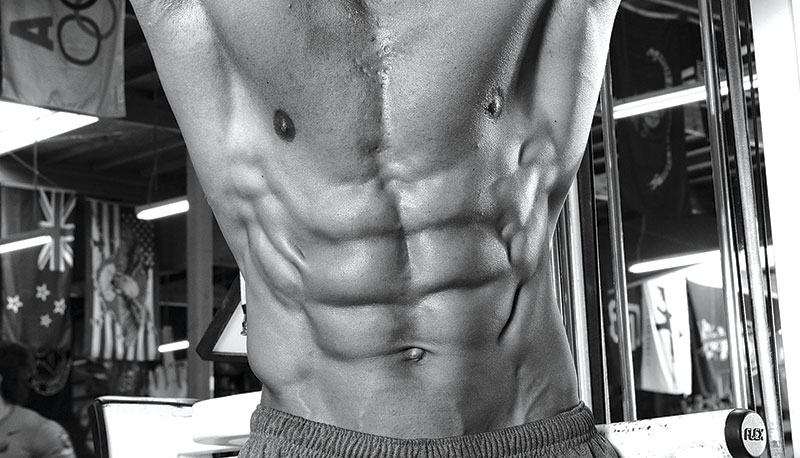One of the biggest things I hear from clients of mine is, “How come I’m not able to eat as many carbs as ‘this other person’? They seem to eat so much more than me and are leaner.”
Something we have to clarify is that, out of all the macronutrients (carbs, protein, and fats), carbohydrates seem to be the most variable and customizable among individuals. A person’s carbohydrate intake will depend on many things, such as their genetics, type of energy system in training, body type, climate, and so forth – however, the biggest factor that will determine how many carbohydrates you will be eating everyday is your metabolism.
Another subject that needs to be addressed is this thought process that our metabolic rates, or the amount of calories we use up everyday, are static and remain the same throughout our entire lives. That’s like someone saying to you, “You should eat 250 grams of carbs per day – that’s the right intake for you and it will be that way for the rest of your life.” That’s just incorrect. Our metabolisms can change drastically over time, if we properly reverse diet, add calories back into our program slowly, and program our workout routines to accompany the new energy intake. I actually had a client once that had a damaged, slow metabolism. He was a typical endomorph; had some muscle, but more body fat, and just looked chubby. I started him out on 175 grams of carbohydrate per day, while the other two macronutrients being properly measured… and he gained weight. On the other hand, I had a female client who has been with me for over two years now. Her first competition prep was tough for her; we had to take her calories very low to get her stage-lean, with her carbs being close to 50 grams per day by the end. Two years later, after properly adding in calories slowly over time, repairing her metabolic rate, adding more lean muscle tissue to her frame, and staying focused on her long-term goal – she consistently eats 250 grams of carbs per day now and if we start to diet her down, she’ll rarely go below 125 grams of carbs, because she will flatten out immediately and her fat loss will come to a halt.
So you can see by my examples – two different people, two different carb intakes – the male gains weight on the intake that the female could now never go below, even when dieting to get lean. Again, it wasn’t her genetics that made this possible; it was our attention to detail, meticulous programming, and consistent effort that got her there. The same can be done with you and your metabolism. Don’t think that just because you have to eat a lower caloric intake to maintain your weight right now, means that it’s going to be this way forever. You can slowly add in carbs (5-15 grams every week depending on your body type) every week to your current nutrition program, decrease the amount of hours per week you perform cardiovascular exercise (taper off 5-10 mins from each session every other week depending on your body type), and keep this type of consistency and effort maintainable weeks, months, and years down the road.
Something else that you hear very often is that carbohydrates are anabolic. This is also incorrect. Carbs are not anabolic just because they spike insulin (which yes, is an anabolic hormone). There have been a few studies done that show no change in anabolic response once carbohydrates were ingested after a workout (by themselves). The anabolic spike occurs once protein is added into the mix. I believe that if carbs were eaten by themselves, after a workout, there would be no change in protein synthesis and anabolic reactions. However, if some carbohydrates are added to protein, then the shift in anabolism occurs. However, without protein, carbs do very little for you post-workout. This is why you hear a lot of people talking about simple carbs immediately post-workout; because they think the carbs are the key… when really, protein is the key. And it doesn’t even take that many carbs to increase the anabolic response when coupled with complete protein. Somewhere around 20-30 grams of carbs post-workout, combined with a whey protein blend, will give you the best results in anabolic triggers and protein synthesis. You hear about these guys taking anywhere from 75-100 grams of carbs post-workout because they think “the more the better”… but in this case, and as the research shows, that’s just not true.
If you need any more help on this topic, shoot me an email, which is given below in my bio. I know this is a complicated subject, especially if we get into the science of things, but once these concepts are understood, they can make a world of difference in your physique and performance.






















You must be logged in to post a comment Login